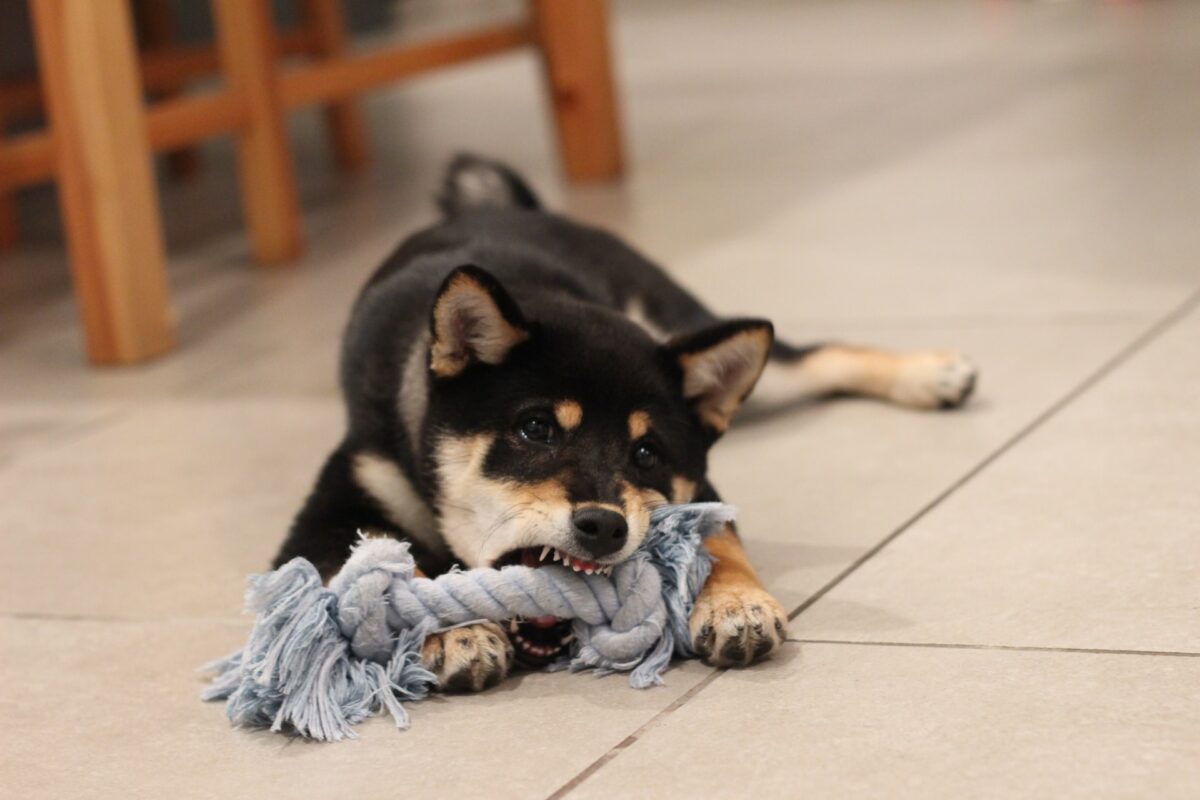Dog Bite:
Dog bites aren’t necessarily a reflection of the dog’s behavior or how you interact with it. This is why it can happen to virtually anyone. If you’re playing with your dog, they can accidentally scratch or bite you in between growls or as they wag their tails. Even when walking down the street and minding your own business, you are susceptible to dog bites. An unknown canine can attack you out of nowhere. Regardless of how it happens, there are steps that you should take right away to prevent infection and ensure that it doesn’t happen again. Read this article for 6 things to do immediately after you’ve experienced a dog bite.
1. First Aid
After you’ve been bitten, you need to make sure that the dog is restrained or that you’ve put considerable distance between yourself and the dog. Quickly move away from the dog and proceed to treat the wound. If there are no signs of the dog’s owner, make sure to immediately reach out to animal control. The police would also be able to help. Don’t rush to first aid if you’re unsure as to whether the dog will attack you again.
Make sure to control the bleeding right away by using a clean towel or piece of cloth to apply pressure to the bite. You shouldn’t use a tourniquet unless you can’t get the bleeding to stop. Use mild soap to clean the wound and keep it under warm running water for 5 to 10 minutes. Make sure that you don’t have any soap residue left because this may cause irritation later on. Use an over-the-counter antibiotic ointment to cover the wound before wrapping it with a dry dressing or sterile bandage. Change the dressing multiple times throughout the day.
2. Visit a Doctor
You need to visit a doctor right away if the bite breaks the skin. If your injury is not that severe, you can wait to get it checked out the next day. However, we don’t advise waiting on the injury if you were bitten on your face or hands because these areas are likely to scar or lose proper function. You should also rush to the emergency room if you notice pus emerging from the wound, swelling and redness, severe bleeding, or if the wound is deep and if you can see your bones or muscles underneath.
When you visit a doctor, they will assess the wound and examine it to determine if you need stitches. They will also check for signs of nerve, bone, tendon, or muscle damage. If any tissue has been torn away or if the edges of the wound won’t touch, you will need emergency care. The doctor will inquire about the dog and how it bit you. They will probably clean it once more, apply an ointment, and prescribe you an antibiotic. We recommend asking the doctor if you need a tetanus immunization booster shot.
3. File a Report
Depending on where you live, you may have to report the incident to local police. This way, the dog will be monitored to prevent it from biting someone else. For instance, in Indiana, doctors are required to report these incidents to the Indiana State Department of Health. This has to be done within 72 hours after treating the patient.
4. Consult an Attorney
Make sure to gather as much information as you can about the dog owner and the incident. Learn the name and collect the contact information of the owner and any witnesses. Remember the exact time of the incident and precisely where it happened. Be sure to take pictures of your injury before you get it treated, as well as photos of any property damage that resulted from the bite. If you didn’t already, report the attack to the authorities in Indiana and contact a lawyer to help you out. According to Indiana dog bite statistics, there were 109 dog bite claims filed in recent years. They totaled around $4 million. Having an attorney will guarantee that you receive the compensation you deserve.
5. Train Your Dog
If you’re the dog owner, you must take corrective actions to ensure that this doesn’t happen again. Put it through a training program and make the effort to understand your dog’s body language, so you can identify the signs that they are about to become aggressive. This way, you can figure out a way to put an end to the triggering situation before it spirals out of control. Always warn others about your dog’s aggressive tendencies and keep it on a short leash when you’re outside.
6. Monitor Your Wound
Monitor your wound to ensure that it’s healing well. Make sure to visit your doctor for any follow-ups if necessary. If you notice any signs of deterioration, you need to go back to the emergency room.
No one is entirely safe from dog bites. Whether you’re playing with your own dog or taking a stroll in the park, there’s always a chance that you may get bitten. This is why you need to be aware of the right course of action that you need to take in case it happens.
